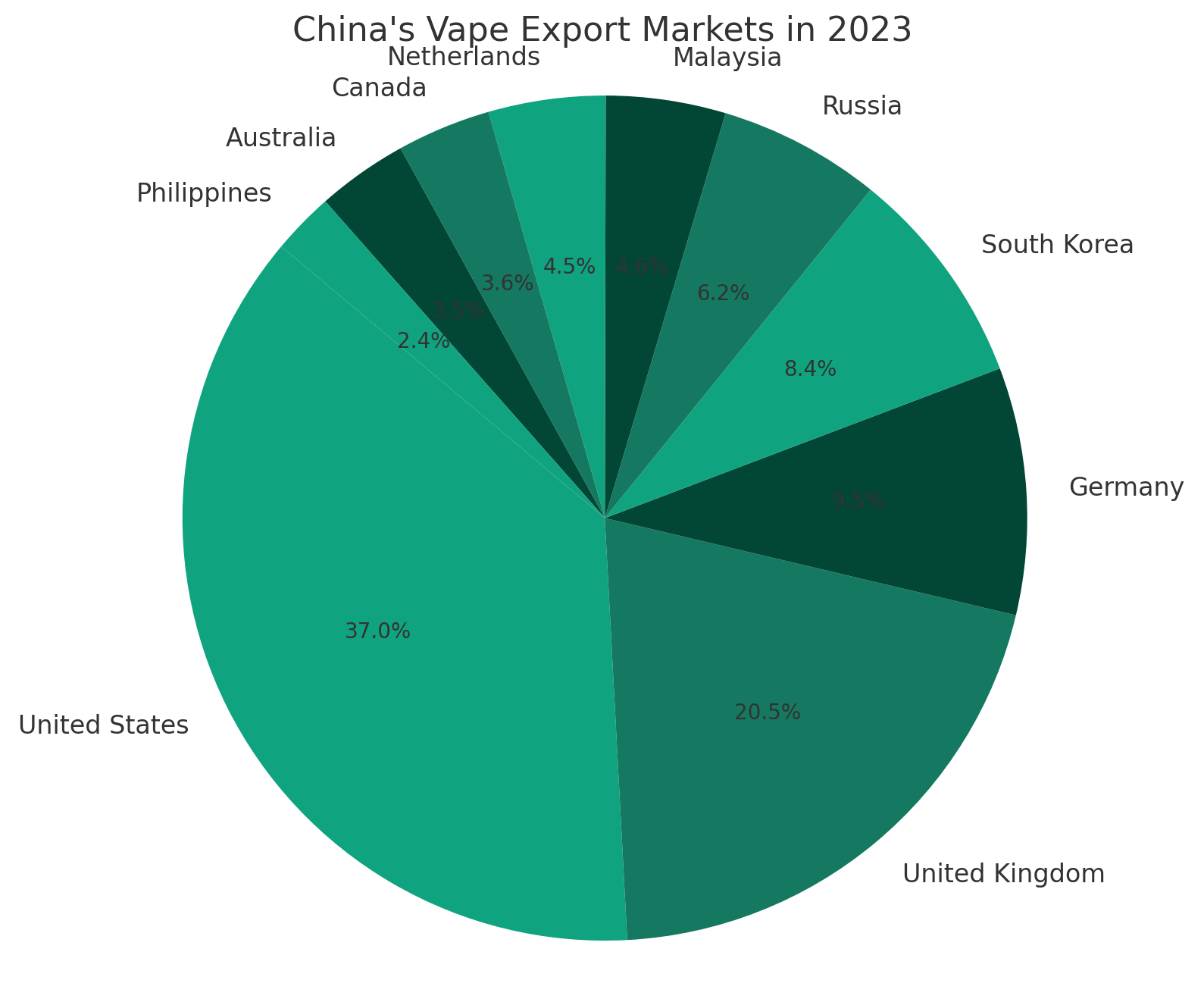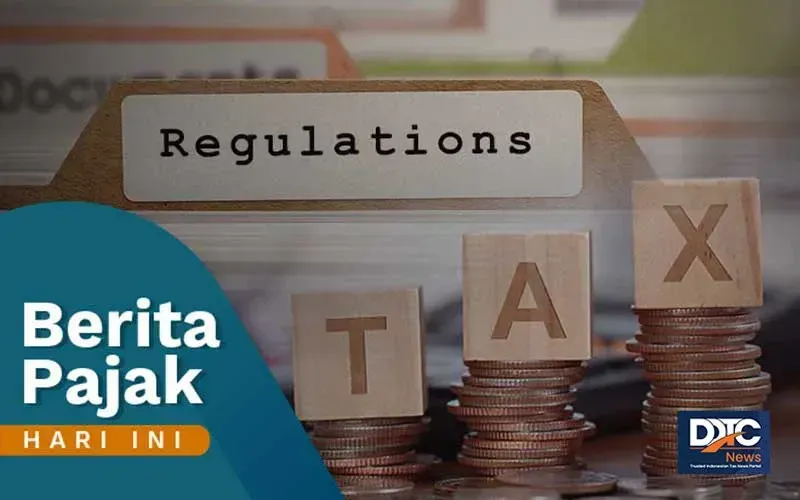According to a report by Indonesian media Kompas.com on December 28th, the Indonesian government is currently drafting a government regulation on health in collaboration with the Ministry of Health. This regulation is being developed as a derivative legislation to Law No. 17 on health.
The main issues in health regulations include the management of healthcare workers, the integration of primary healthcare services, healthcare for non-communicable diseases, protection against addictive substances in tobacco and e-cigarette products, emergency response to abnormal conditions and epidemics, healthcare funding, community participation, and governance in terms of guidance and supervision.
One of the main aspects covered in the issue relates to the regulation of addictive substances, including tobacco products and e-cigarettes. While this regulation aims to improve public health standards, its draft has sparked controversy.
The tobacco industry is a labor-intensive sector that provides numerous benefits to the Indonesian economy. Critics argue that the measures encompassed in this regulation discriminate against the tobacco industry (IHT) and its products.
According to data from the Ministry of Industry of Indonesia (Kemenperin), the tobacco industry employed a total of 5.98 million workers in 2018, including 4.28 million in the manufacturing and distribution sectors and 1.7 million in the cultivation sector. This industry also made a significant contribution to the country’s income. Through exports, the tobacco processing industry contributed billions of dollars to Indonesia.
In addition, the Indonesian tobacco industry (IHT) contributed a total of 21.8 trillion Indonesian rupiah and 18.88 trillion Indonesian rupiah to the nation through tobacco taxes (CHT) in 2022 and 2021 respectively.
The Indonesian Institute for Economic and Financial Development (Indef) released a research report on December 20th in Jakarta, revealing that if the health bill is approved, it could potentially result in a loss of up to 10.3 trillion rupees (approximately 877.7 billion RMB) for the country.



















